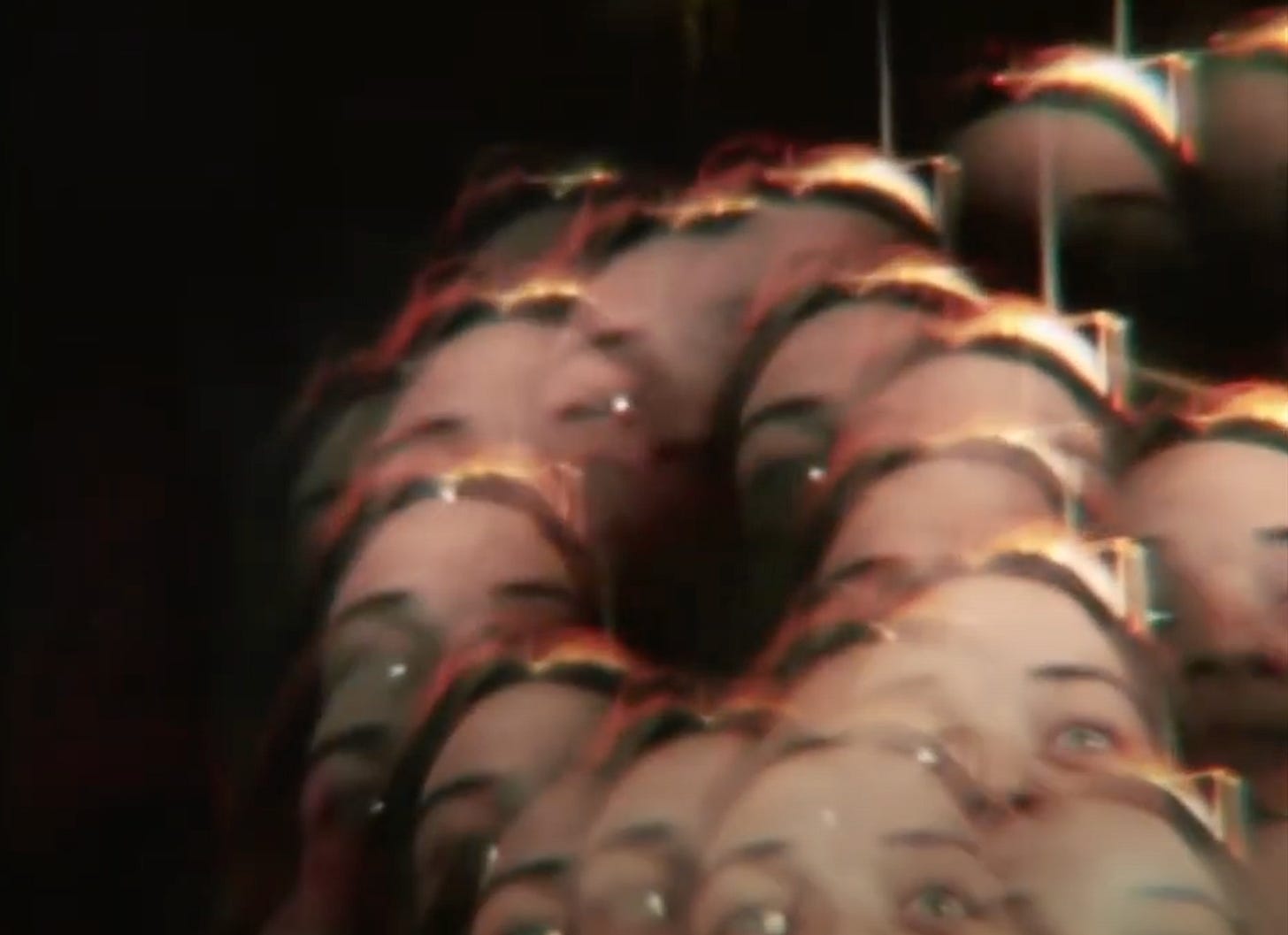The Rules are Myths (4): Undoing Gardner’s “fictional dream”
There is no fictive dream. You can make things up.
In John Gardner’s longwithstanding manual of how creation is supposed to work, he refers to the responsibility of fiction of being “a vivid and continuous dream” created for the reader, by which they are immersed in “a willing suspension of disbelief.” While it seems Gardner didn’t mean this to disallow the surreal, it does suggest there is some sort of rubric or promise made between writer and reader that within the function of the narrative we must separate it clearly from reality, allow no overlap between the two. The fictive world stands alone, allowing the reader an eyehole in, perhaps, to somewhere else. And of course, as a matter of principle within that, the story must be dramatic, and most importantly “believable,” holding the reader in so that they don’t wander off in their own mind.
But why must great writing necessarily be believable, or even “continuous”? What if we wish to talk directly to the reader, or to change our point of view midstream? Why must we pretend that we aren’t sitting in a room reading a book containing a made up story, wherein by insisting it must be something we can believe in, we suspend the very freedom that makes art great? It’s gotten more and more difficult, it seems, in current times to imagine that we can separate reality and the unreal so cleanly, or that ultimately anything is believable, including (in a Baudrillard-ian sense) every present moment.
To pretend there is some structured set of laws or rules by which a text suspends itself, keeps itself “believable,” seems an unnecessary and primitive goal at this point. We do not need to pretend we aren’t pretending we know anything. We do not need to be bound to some archaic worship of the mirage. Perhaps a discontinuous writing, one that does not pretend that its contents are bound by even their own laws, much less reality, or by the idea that they are dream we should be immersed in and not touched, might be more effective, and more fun, than trying to create a diorama to amble around in, stoned on totems.
There is no fictive dream. You can make things up. You can make words up, confuse the particles of the universe purposefully, shift modes in midsentence, say things that make no definitive sense. Language can be anything, can go anywhere, at anytime, and in that unlimited potential lies its ultimate power.
READINGS
Rachel B. Glaser, “Pee On Water”
Gordon Lish, “The Boys on the Block”
Kenneth Anger, “Invocation of My Demon Brother” (film)
EXERCISE
Write a short text in which you break the fourth wall of the story in some way. Perhaps you address the reader directly, refer to their presence. Perhaps you point out or pry at the edges of the reality of the fiction even as it being laid beneath the reader’s eyes. You should try to write in a way that does not pretend it is a story that exists in its own universe, in which the laws of that universe might bend at any second, because you, the author, have the power to do so.







I agree with the freedom in writing itself (to a certain extent), but you must execute no matter what sort of "contract" you enter into with the reader. Sometimes, what I encounter as a reader is a lazy writer failing to execute, violating their own rules with the excuse of "freedom."
John Gardener's Art of Fiction was my first favorite writing resource back in high school.